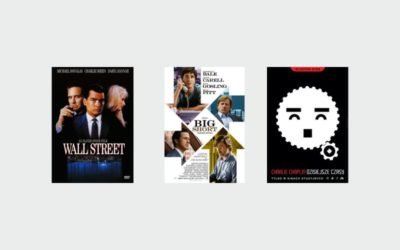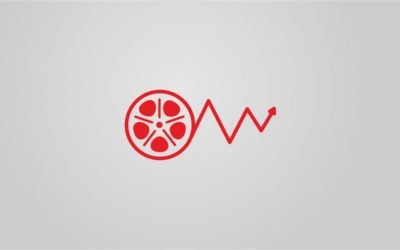One of the consequence of the economic crisis of AD 2008 was the crisis of confidence besetting so called “mainstream economics”. Economics, as lectured and taught at the leading universities around the globe, was neither able to foresee the upcoming crisis nor capable of proposing any efficient and uncontroversial countermeasure. International outcry ensued, blaming overly abstract and mathematized language of contemporary economics for being too remote and cryptic for an average citizen.
The aim of domesticating economics as science is the starting point for this conference.
read more
There has been growing public demand for an economics, in which there is a place for clarity, methodological pluralism, social responsibility and ethical sensitivity. An idea was subsequently born that a new public image of economics has to be created, which would be able to explain the consequences of certain economic decisions to the wider audience and laymen and to incorporate broader concern for social good into its own theoretical edifice.
Understanding the importance of this problem prompted professor Paul Dembinski from Fribourg University, Switzerland, to start AREF (Association for the Renewal of Research and Teaching in Economics and Finance), in which leading Swiss specialists in economics and finance has been gathered together to popularize knowledge about those two disciplines. Professor Paul Dembiński proposed Faculty of Management and Economics at Gdańsk University of Technology to cooperate in organization of film meetings on economy and economics. Such initiative fits neatly within the strategy of the Association, since primarily the event’s goal is to disseminate knowledge about economics and financial markets in an unconventional and intelligible manner.
Film seems to be the medium cut out to fulfil this lofty educational and enlightening mission. Both documentary and feature films explain perfectly mechanisms and intricacies of economy and world of finance, enabling simultaneously to comprehend point of view of various social actors, their perceptual and cognitive frameworks and their guiding moral principles. Films affect the viewers, provoke discussion, arouse curiosity, trigger interest and sensitize the viewers to the importance of economic issues.
Formula of the conference
Our conference consists of two modules: one consists of documentary films and second of fictional films. Documentary films module consists of screenings of some of the most insightful documentaries recently made on the economy-related topics, preceded by a short lecture.
Fictional films module consists of a lecture by one of our keynote speaker which discusses certain aspects of a modern economy and economics, next illustrated by motion picture.
read more
There has been growing public demand for an economics, in which there is a place for clarity, methodological pluralism, social responsibility and ethical sensitivity. An idea was subsequently born that a new public image of economics has to be created, which would be able to explain the consequences of certain economic decisions to the wider audience and laymen and to incorporate broader concern for social good into its own theoretical edifice.
Understanding the importance of this problem prompted professor Paul Dembinski from Fribourg University, Switzerland, to start AREF (Association for the Renewal of Research and Teaching in Economics and Finance), in which leading Swiss specialists in economics and finance has been gathered together to popularize knowledge about those two disciplines. Professor Paul Dembiński proposed Faculty of Management and Economics at Gdańsk University of Technology to cooperate in organization of film meetings on economy and economics. Such initiative fits neatly within the strategy of the Association, since primarily the event’s goal is to disseminate knowledge about economics and financial markets in an unconventional and intelligible manner.
Film seems to be the medium cut out to fulfil this lofty educational and enlightening mission. Both documentary and feature films explain perfectly mechanisms and intricacies of economy and world of finance, enabling simultaneously to comprehend point of view of various social actors, their perceptual and cognitive frameworks and their guiding moral principles. Films affect the viewers, provoke discussion, arouse curiosity, trigger interest and sensitize the viewers to the importance of economic issues.
Formula of the conference
Our conference consists of two modules: one consists of documentary films and second of fictional films. Documentary films module consists of screenings of some of the most insightful documentaries recently made on the economy-related topics, preceded by a short lecture.
Fictional films module consists of a lecture by one of our keynote speaker which discusses certain aspects of a modern economy and economics, next illustrated by motion picture.
mechanisms
documentary films (lecture in English)

The Tax Free Tour
53’, lecture Ewa Lechman
10 AM - 11.10 AM

The Midas Formula
48’, lecture Błażej Kochański
11.20 AM - 12.10 AM

Real value
70’, lecture Krzysztof Zięba
12.20 AM - 2 PM
keynote lectures (lecture in Polish, translation available)
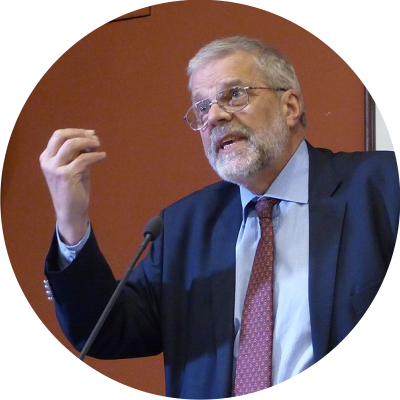
Prof. Paul H. Dembiński
opening lecture

Dr Andrzej Sadowski and Andrzej Laskowski
LECTURE: Nic po ekonomii...?
Modern times
1936
Directed by: Charlie Chaplin
about the movie
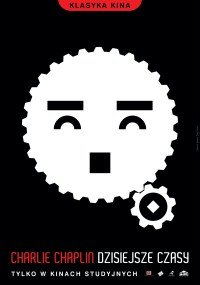 This episodic satire of the Machine Age is considered Charles Chaplin's last "silent" film, although Chaplin uses sound, vocal, and musical effects throughout. Chaplin stars as an assembly-line worker driven insane by the monotony of his job. After a long spell in an asylum, he searches for work, only to be mistakenly arrested as a Red agitator. Released after foiling a prison break, Chaplin makes the acquaintance of orphaned gamine (Paulette Goddard) and becomes her friend and protector. He takes on several new jobs for her benefit, but every job ends with a quick dismissal and yet another jail term. During one of his incarcerations, she is hired to dance at a nightclub and arranges for him to be hired there as a singing waiter. He proves an enormous success, but they are both forced to flee their jobs when the orphanage officials show up to claim the girl. Dispirited, she moans, "What's the use of trying?" But the ever-resourceful Chaplin tells her to never say die, and our last image is of Chaplin and The Gamine strolling down a California highway towards new adventures. The plotline of Modern Times is as loosely constructed as any of Chaplin's pre-1915 short subjects, permitting ample space for several of the comedian's most memorable routines: the "automated feeding machine," a nocturnal roller-skating episode, and Chaplin's double-talk song rendition in the nightclub sequence. In addition to producing, directing, writing, and starring in Modern Times, Chaplin also composed its theme song, Smile, which would later be adopted as Jerry Lewis' signature tune.
This episodic satire of the Machine Age is considered Charles Chaplin's last "silent" film, although Chaplin uses sound, vocal, and musical effects throughout. Chaplin stars as an assembly-line worker driven insane by the monotony of his job. After a long spell in an asylum, he searches for work, only to be mistakenly arrested as a Red agitator. Released after foiling a prison break, Chaplin makes the acquaintance of orphaned gamine (Paulette Goddard) and becomes her friend and protector. He takes on several new jobs for her benefit, but every job ends with a quick dismissal and yet another jail term. During one of his incarcerations, she is hired to dance at a nightclub and arranges for him to be hired there as a singing waiter. He proves an enormous success, but they are both forced to flee their jobs when the orphanage officials show up to claim the girl. Dispirited, she moans, "What's the use of trying?" But the ever-resourceful Chaplin tells her to never say die, and our last image is of Chaplin and The Gamine strolling down a California highway towards new adventures. The plotline of Modern Times is as loosely constructed as any of Chaplin's pre-1915 short subjects, permitting ample space for several of the comedian's most memorable routines: the "automated feeding machine," a nocturnal roller-skating episode, and Chaplin's double-talk song rendition in the nightclub sequence. In addition to producing, directing, writing, and starring in Modern Times, Chaplin also composed its theme song, Smile, which would later be adopted as Jerry Lewis' signature tune.
diagnosis
documentary films (lecture in English)

Will work for free
127’ lecture Ewa Lechman
9.30 AM - 12 AM

Food Inc.
98’, lecture Andrzej Karalus
12 AM - 2 PM
keynote lecture (lecture in Polish, translation available)
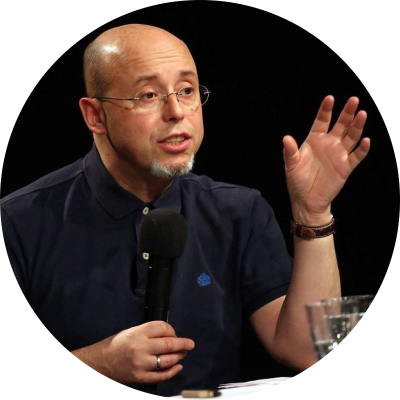
Prof. Andrzej Leder
LECTURE: Dlaczego w języku kultury trudno opowiadać o ekonomii?
Big short
2015
Directed by: Adam McKay
about the movie
 Based on the book by Michael Lewis (writer of Moneyball, Liar's Poker and Flash Boys, among others), the true story of a handful of investors who bet against the US mortgage market in 2006-7. Through their own research they discovered that the US mortgage backed securities market was a bubble about to burst, and they invested accordingly. What they didn't initially know was how structurally flawed the MBS system was, the level of corruption in the market...and the impact on the average person when the bubble burst.
Based on the book by Michael Lewis (writer of Moneyball, Liar's Poker and Flash Boys, among others), the true story of a handful of investors who bet against the US mortgage market in 2006-7. Through their own research they discovered that the US mortgage backed securities market was a bubble about to burst, and they invested accordingly. What they didn't initially know was how structurally flawed the MBS system was, the level of corruption in the market...and the impact on the average person when the bubble burst.
opportunities
documentary films (lecture in English)

Money for free
49’, lecture Andrzej Karalus
10 AM - 11.10 AM

Demain/Tomorrow
118’, lecture Michael Derrer
11.20 AM - 2 PM
keynote lectures (lecture in Polish, translation available)
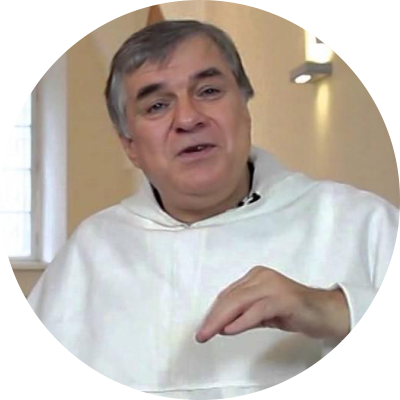
O. Maciej Zięba
LECTURE
Zmierzch niehumanitarnej ekonomii?
Wall Street
1987
Directed by: Oliver Stone
about the movie
 "Greed is Good." This is the credo of the aptly named Gordon Gekko (Michael Douglas), the antihero of Oliver Stone's Wall Street. Gekko, a high-rolling corporate raider, is idolized by young-and-hungry broker Bud Fox (Charlie Sheen). Inveigling himself into Gekko's inner circle, Fox quickly learns to rape, murder and bury his sense of ethics. Only when Gekko's wheeling and dealing causes a near-tragedy on a personal level does Fox "reform"-though his means of destroying Gekko are every bit as underhanded as his previous activities on the trading floor. Director Stone, who cowrote Wall Street with Stanley Weiser, has claimed that the film was prompted by the callous treatment afforded his stockbroker father after 50 years in the business; this may be why the film's most compelling scenes are those between Bud Fox and his airline mechanic father (played by Charlie Sheen's real-life dad Martin). Ironically, Wall Street was released just before the October, 1987 stock market crash.
"Greed is Good." This is the credo of the aptly named Gordon Gekko (Michael Douglas), the antihero of Oliver Stone's Wall Street. Gekko, a high-rolling corporate raider, is idolized by young-and-hungry broker Bud Fox (Charlie Sheen). Inveigling himself into Gekko's inner circle, Fox quickly learns to rape, murder and bury his sense of ethics. Only when Gekko's wheeling and dealing causes a near-tragedy on a personal level does Fox "reform"-though his means of destroying Gekko are every bit as underhanded as his previous activities on the trading floor. Director Stone, who cowrote Wall Street with Stanley Weiser, has claimed that the film was prompted by the callous treatment afforded his stockbroker father after 50 years in the business; this may be why the film's most compelling scenes are those between Bud Fox and his airline mechanic father (played by Charlie Sheen's real-life dad Martin). Ironically, Wall Street was released just before the October, 1987 stock market crash.

Prof. Paul H. Dembiński
LECTURE
Etyka i odpowiedzialność w świecie finansów
exclusively for special invitation

Prof. Paul H. Dembinski
OPENING LECTURE: 6/11/17, 4 PM, NANOTECHNOLOGY BUILDING
LECTURE: 8/11/17, 6.30 PM, GDAŃSKI KLUB BIZNESU (GKB) – exclusively for special invitation
Swiss-Polish economist, professor at Geneva and Fribourg Universities, head of the “Observatoire de la Finance” in Geneva, head of the Institute of Economic Research Eco Diagnostic. Lecturer at Lausanne University, Oxford and Santiago de Chile. Member of the consulting board at the Faculty of Economic Sciences at Charles University in Prague, chairman of the International Association for the Catholic Social Teaching and a member of Academic Council for the Vatican-based Foundation Centessimus Annus.
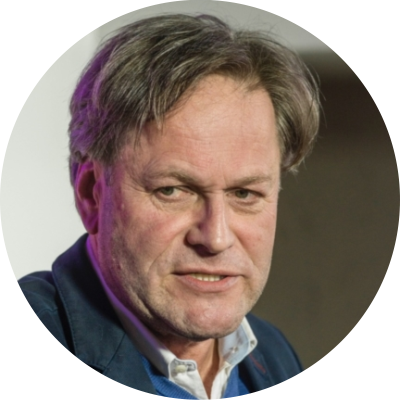
Andrzej Laskowski
LECTURE: 6/11/17, 4.30 PM, NANOTECHNOLOGY BUILDING
Economist, expert from Adam Smith Centre, author of the book titled Institution of Mortgage Loan in Poland: History and Present and series of articles for Rzeczpospolita, Materiały Budowlane, Gazeta Bankowa and Tygodnik Profile on the nature of financial instruments in construction, systems of dustribution of building materials, mortgage banks and credit institutions. One of the founders of the Economic Association, in Warsaw (1987). Former president of Polska Izba Przemysłowo-Handlowa Budownictwa, member of the Bank Rozwoju Budownictwa Mieszkaniowego S.A.

Prof. Andrzej Leder
LECTURE: 7/11/17, 4 PM, NANOTECHNOLOGY BUILDING
Philosopher of culture, psychotherapist, professor at the Polish Academy of Sciences, graduated from both Medical University and Warsaw University. Lecturer at the Institute of Philosophy at Warsaw University. He authored renowned book Prześniona rewolucja. Ćwiczenie z logiki historycznej, which has been nominated to Nike Literary Award and Kazimierz Moczarski Historical Award. He published also Przemiana mitów, czyli życie w epoce schyłku (1997), Nieświadomość jako pustka (2001) and Rysa na tafli (2016).
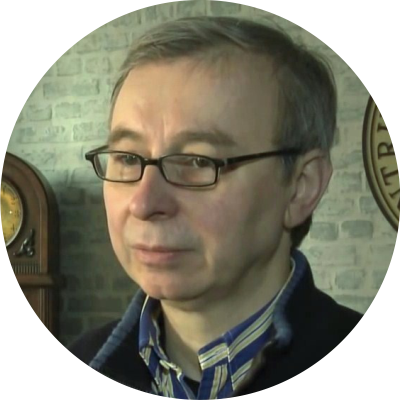
Dr Andrzej Sadowski
LECTURE: 6/11/17, 4.30 PM, NANOTECHNOLOGY BUILDING
One of the founders of the Research Group on Conservative and Liberal Thought (1984) at Warsaw University. Co-editor of the underground political journal Dodruk (1986). Co-founder and member of Economic Society in Warsaw (1986-1989). Together with Mirosław Dzielski and Aleksander Paszyński he started Economic Action, which brought together Polish economic opposition of the late 80ties. Major initiator and president of the Adam Smith Centre (since 2014).

O. Maciej Zięba
LECTURE: 8/11/17, 3.30 PM, NANOTECHNOLOGY BUILDING
Dominican, philosopher, theologian, provincial of Polish Dominican Province between 1998 and 2006. Since 1973 involved in democratic opposition. counsellor of the Inter-Enterprise Strike Committee in Wrocław, journalist of a newspaper „Solidarność Weekly”, in 1981–1988 collaborated with the underground Solidarity Movement. In 1955 he founded and became a head of the Terio Millenio Institute in Cracow. In 2001 became a member of The Social Council for the Polish Episcopate. In 2003 nominated by John Paul II a consultor of the Papal Council Iustitia et Pax. Organizer and former head of the European Solidarity Centre in Gdańsk. Former member of Trilateral Commission. Co-founder of the Center of Political Thought in Cracow. Member of the Program Committee at the Centre of Thought of John Paul II in Warsaw. In recognition of his merits as a member of democratic opposition he was honoured with Order of Polonia Restituta and Cross of Freedom and Solidarity.


Prof. Paul H. Dembinski
OPENING LECTURE: 6/11/17, 4 PM, NANOTECHNOLOGY BUILDING
LECTURE: 8/11/17, 6.30 PM, GDAŃSKI KLUB BIZNESU (GKB) – exclusively for special invitation
Swiss-Polish economist, professor at Geneva and Fribourg Universities, head of the “Observatoire de la Finance” in Geneva, head of the Institute of Economic Research Eco Diagnostic. Lecturer at Lausanne University, Oxford and Santiago de Chile. Member of the consulting board at the Faculty of Economic Sciences at Charles University in Prague, chairman of the International Association for the Catholic Social Teaching and a member of Academic Council for the Vatican-based Foundation Centessimus Annus.

Prof. Andrzej Leder
LECTURE: 7/11/17, 4 PM, NANOTECHNOLOGY BUILDING
Philosopher of culture, psychotherapist, professor at the Polish Academy of Sciences, graduated from both Medical University and Warsaw University. Lecturer at the Institute of Philosophy at Warsaw University. He authored renowned book Prześniona rewolucja. Ćwiczenie z logiki historycznej, which has been nominated to Nike Literary Award and Kazimierz Moczarski Historical Award. He published also Przemiana mitów, czyli życie w epoce schyłku (1997), Nieświadomość jako pustka (2001) and Rysa na tafli (2016).

O. Maciej Zięba
LECTURE: 8/11/17, 3.30 PM, NANOTECHNOLOGY BUILDING
Dominican, philosopher, theologian, provincial of Polish Dominican Province between 1998 and 2006. Since 1973 involved in democratic opposition. counsellor of the Inter-Enterprise Strike Committee in Wrocław, journalist of a newspaper „Solidarność Weekly”, in 1981–1988 collaborated with the underground Solidarity Movement. In 1955 he founded and became a head of the Terio Millenio Institute in Cracow. In 2001 became a member of The Social Council for the Polish Episcopate. In 2003 nominated by John Paul II a consultor of the Papal Council Iustitia et Pax. Organizer and former head of the European Solidarity Centre in Gdańsk. Former member of Trilateral Commission. Co-founder of the Center of Political Thought in Cracow. Member of the Program Committee at the Centre of Thought of John Paul II in Warsaw. In recognition of his merits as a member of democratic opposition he was honoured with Order of Polonia Restituta and Cross of Freedom and Solidarity.

Andrzej Laskowski
LECTURE: 6/11/17, 4.30 PM, NANOTECHNOLOGY BUILDING
Economist, expert from Adam Smith Centre, author of the book titled Institution of Mortgage Loan in Poland: History and Present and series of articles for Rzeczpospolita, Materiały Budowlane, Gazeta Bankowa and Tygodnik Profile on the nature of financial instruments in construction, systems of dustribution of building materials, mortgage banks and credit institutions. One of the founders of the Economic Association, in Warsaw (1987). Former president of Polska Izba Przemysłowo-Handlowa Budownictwa, member of the Bank Rozwoju Budownictwa Mieszkaniowego S.A.

Dr Andrzej Sadowski
LECTURE: 6/11/17, 4.30 PM, NANOTECHNOLOGY BUILDING
One of the founders of the Research Group on Conservative and Liberal Thought (1984) at Warsaw University. Co-editor of the underground political journal Dodruk (1986). Co-founder and member of Economic Society in Warsaw (1986-1989). Together with Mirosław Dzielski and Aleksander Paszyński he started Economic Action, which brought together Polish economic opposition of the late 80ties. Major initiator and president of the Adam Smith Centre (since 2014).
Photo Gallery
Pictures from All About Economy Film Days, Gdansk 28-30 October, 2019 Pictures from All About Economy Film Days, Bucharest 10-12 April, 2019 Pictures from All About Economy Film Days, Sofia 2018 Pictures from All About Economy Film Days,Bucharest...
Film Awards
2019 BUCHAREST EDITION OF “ALL ABOUT ECONOMY FILM DAYS” ANNOUNCED FILM AWARDS: Jury prizes and honorable mentions were presented at a closing ceremony on April 12. The Best Documentary Film honorable title was awarded to: A World Without Money (Director: Hanspeter...
Video Footage of the Previous Event in Gdansk 2017
The first edition took place in Gdańsk, Poland in November 2017 Video impressions from the festival: Official video documentation Student video documentation Archive of the previous event in...
Keynote lectures take place in the Nanotechnology B building, Gdańsk Siedlicka Street.
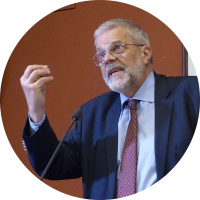
Paul H. Dembinski

Michael Derrer
co-initiator

Piotr Dominiak

Andrzej Karalus
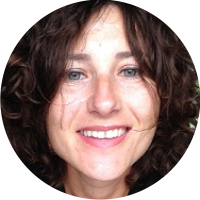
Wioleta Kucharska
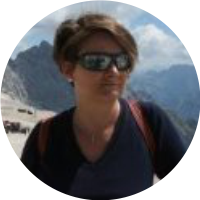
Ewa Lechman
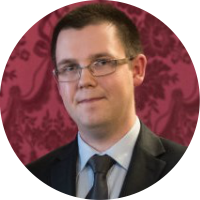
Adam Marszk
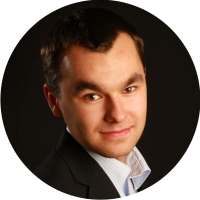
Sławomir Ostrowski
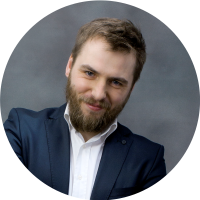
Przemysław Parszutowicz
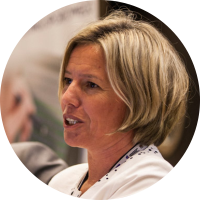
Magdalena Popowska
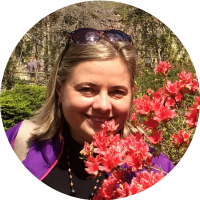
Danuta Rusiecka


Paul Dembinski

Michael Derrer
co-initiator

Piotr Dominiak

Andrzej Karalus

Wioleta Kucharska

Ewa Lechman

Adam Marszk

Sławomir Ostrowski

Przemysław Parszutowicz

Magdalena Popowska

Danuta Rusiecka
Rektor Politechniki Gdańskiej

Prezydent Miasta Gdańska
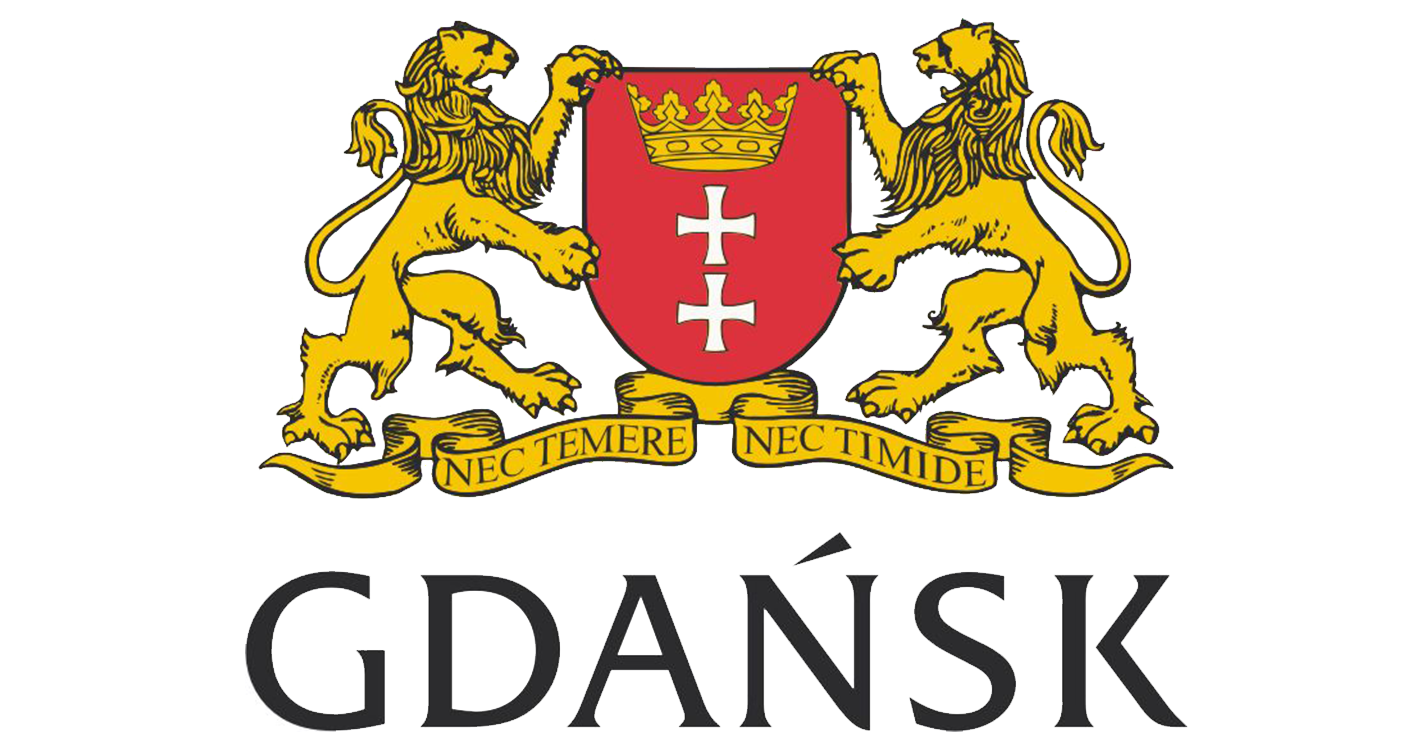
Prezydent Miasta Sopotu
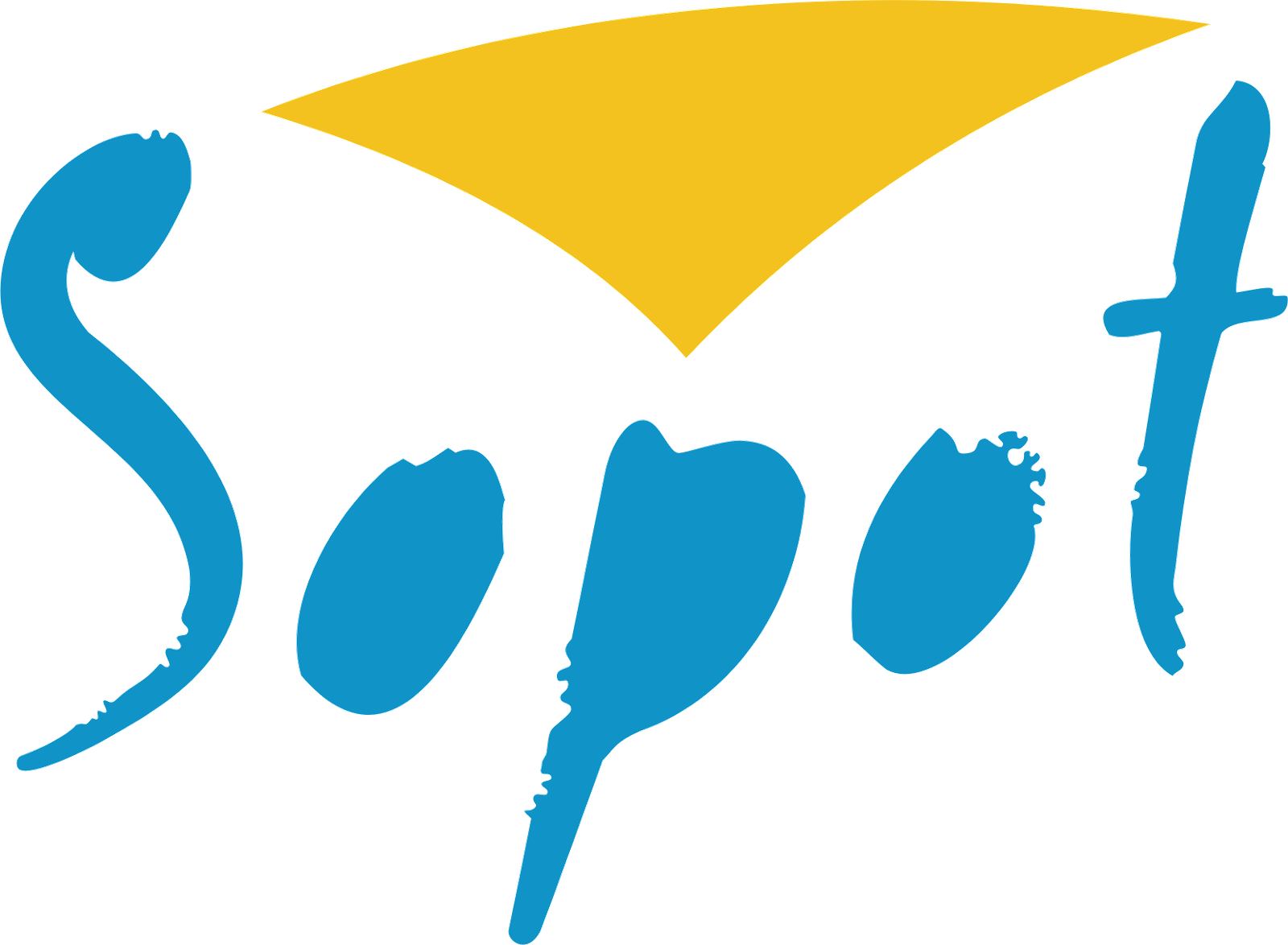
Marszałek Województwa pomorskiego
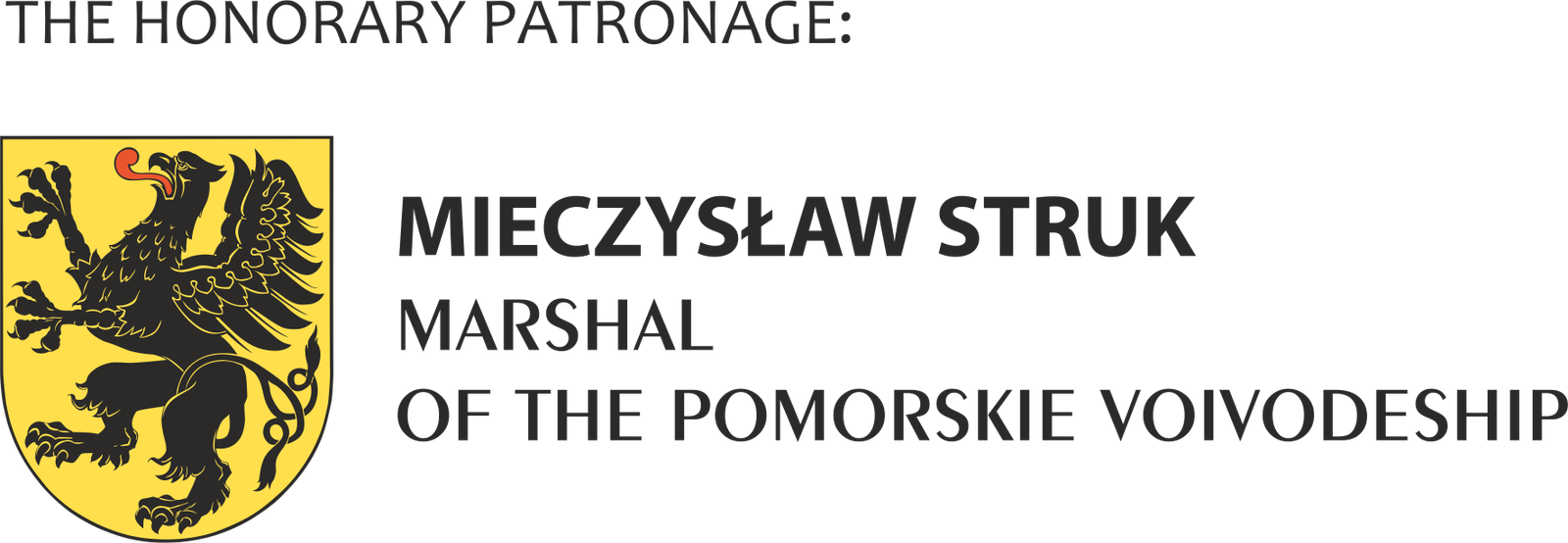
wojewoda pomorski
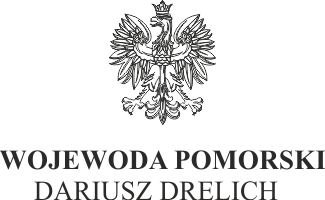
polskie towarzystwo ekonomiczne
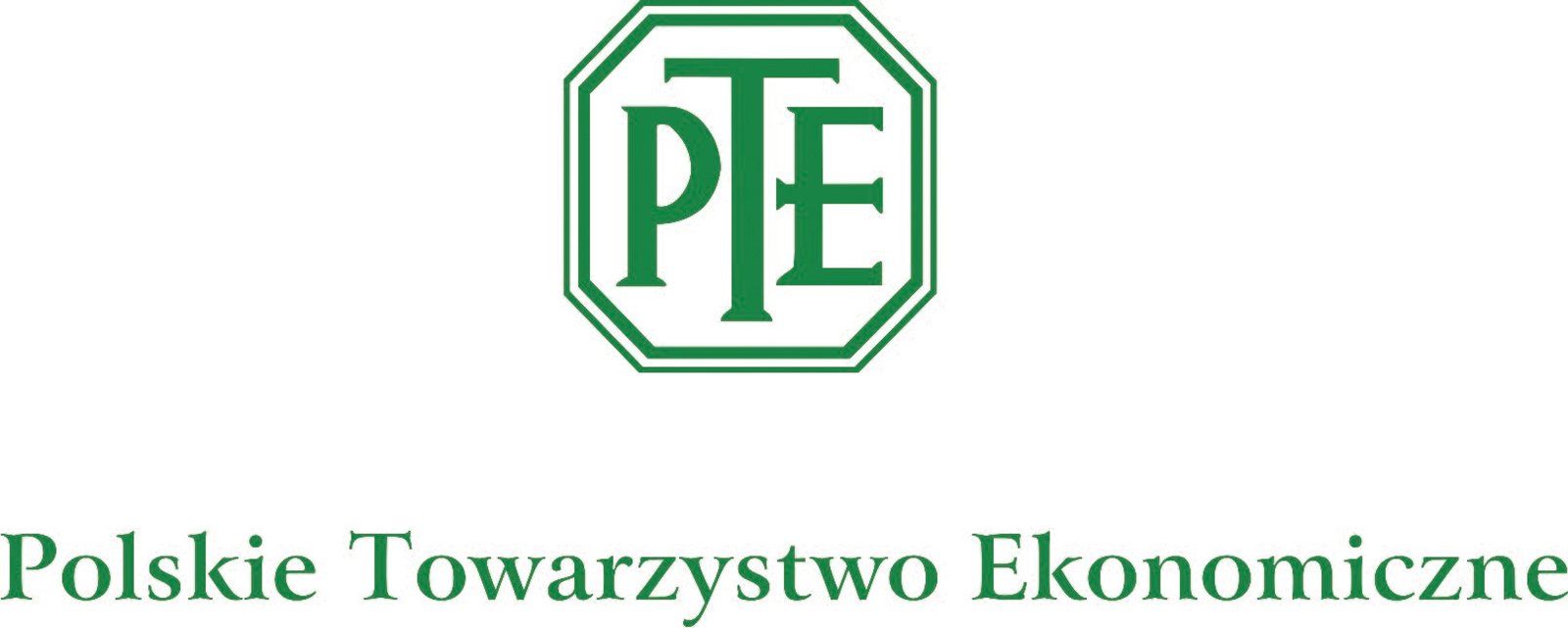

Wydział Zarządzania i Ekonomii
Politechnika Gdańska
email: all-about-economy@zie.pg.gda.pl
phone: +48 58 3472775



